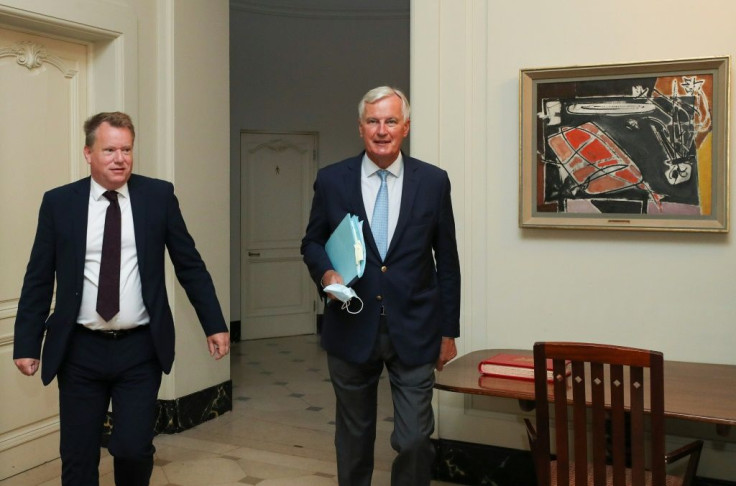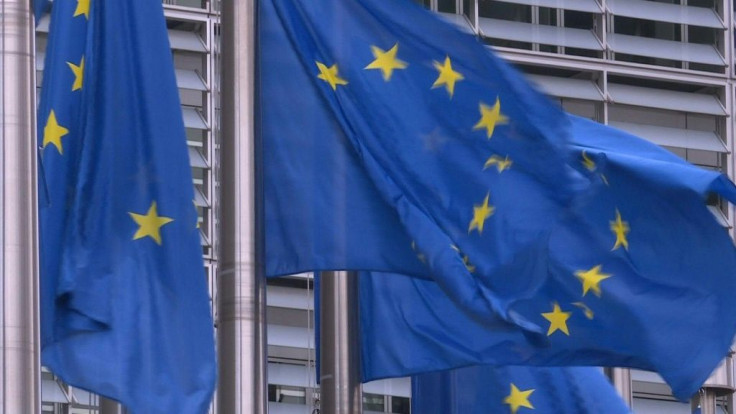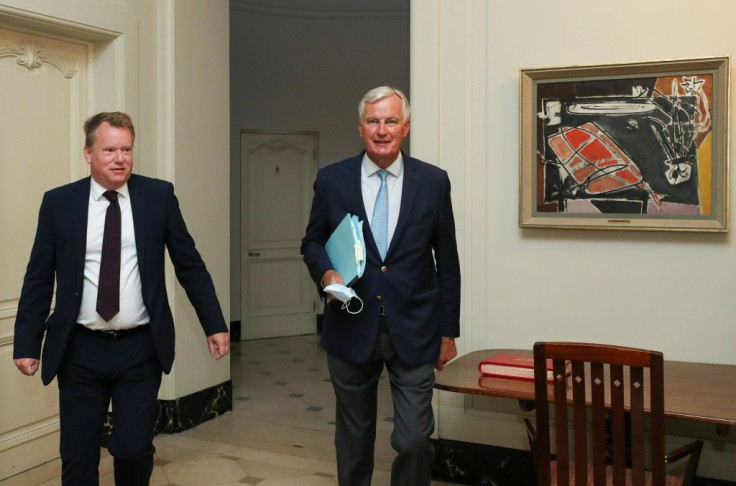EU Warns Brexit Deal Unlikely As Talks Deliver No Progress

The EU and Britain on Friday traded blame for the lack of progress after the latest round of post-Brexit trade talks, with Brussels warning that a deal looked unlikely.
The EU's chief negotiator Michel Barnier lodged his warning at the close of the seventh round of trade talks, which again got stuck on key issues, mainly fishing rights and competition rules.
Hundreds of negotiators met over several days in the Belgian capital with both sides acknowledging a sliver of progress on technical issues -- but not on the main obstacles.
"Those who were hoping for negotiations to move swiftly forward this week will have been disappointed," Barnier told reporters after the talks ended.
"And, unfortunately, I too am frankly disappointed and concerned and surprised as well," he added.
His UK counterpart David Frost countered that Brussels' insistence that London meet EU demands on state aid and fisheries policy before work on other areas made it "unnecessarily difficult to make progress".
Frost reiterated that he thought a deal remained possible and was Britain's aim but he warned: "It is clear that it will not be easy to achieve."

Barnier said that "too often this week it felt as if we were going backwards rather than forwards."
"At this stage an agreement between the UK and European Union seems unlikely.

"I simply do not understand why we are wasting valuable time," he said.
Friday's gloomy news from Brussels sent the pound falling 1.0 percent against the dollar.
Sterling was trading at $1.3074 at 1350 GMT compared with $1.3214 at 2100 GMT on Thursday.
Neil Wilson, an analyst at Markets.com said the British unit was being punished "by Brexit talks which seem to be going nowhere."
Britain left the EU in January, nearly four years after a landmark referendum to end almost 50 years of European integration.
Both sides are pushing to have a deal in place by the end of a post-Brexit transition period which ends on December 31.
The Europeans said this requires an agreement by October, leaving just two more months to find common ground.
If no deal is struck, ties will default to minimum standards set by the World Trade Organization, bringing higher tariffs and making onerous demands on business which threaten chaos on the cross-Channel border.
A European source said that Britain was pushing to delay negotiation on fishing and competition until as late as possible, a strategy that Brussels said was unacceptable.
"On these two pillars of a future agreement, the stalemate continues. You can't keep moving forward on other issues when you have a gaping hole on the core issues," the source said.
The next round of talks will be held in London September 7, with an EU summit planned for October 15-16 seen as the unofficial deadline for a deal.
© Copyright AFP {{Year}}. All rights reserved.





















